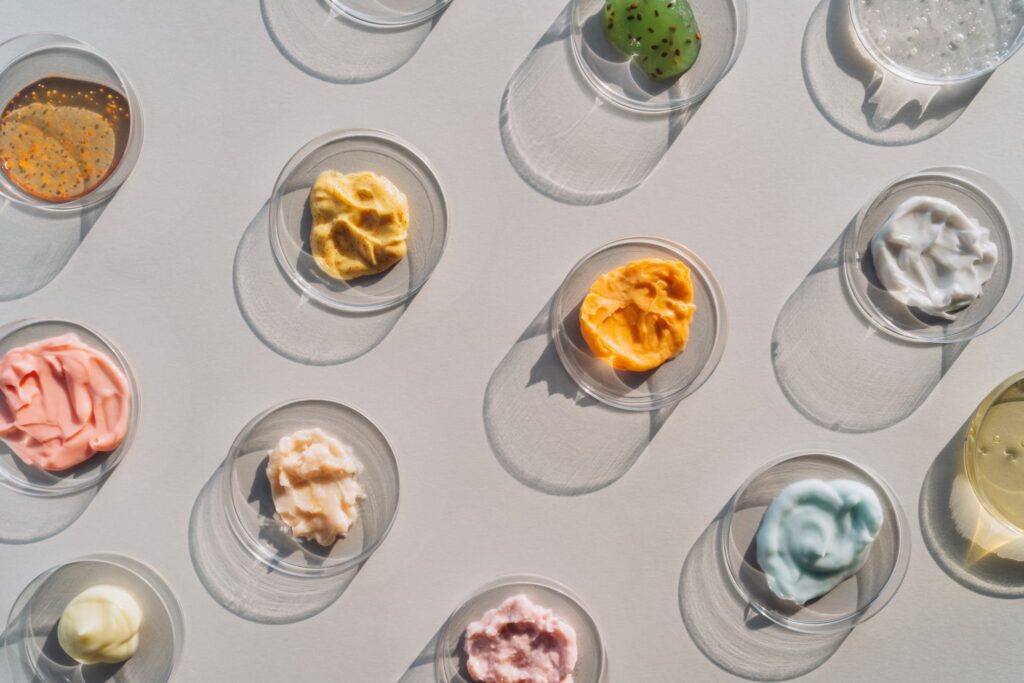TikTokers can’t stop talking about “Pink Sauce.” There’s a good chance it’s popped up on your FYP, whether it was a funny meme, food safety warning, or attempt to recreate it. (No, we’re not talking about Pepto-Bismol — though you may need that, too.)
Pink Sauce is a mystery condiment being made and sold by TikTok creator Chef Pii (@Chef.Pii), and chatter about the sauce, its contents, and its safety have sent ripples of intrigue, disgust, and digestive problems across the internet.
The product is currently under scrutiny after customers received bottles with nutrition labels that contained misspelled words (for example, “vinegar” spelled “vinger”) and incorrect measurements and others that appeared to be rotten upon arrival. Some TikTok creators such as @sseaansvv, have posted entire video series dedicated to investigating the product in even more detail (though he ends a video clarifying that he’s not trying to bash Chef Pii: “No cyberbullying! We can be lighthearted about this,” he says).
With #pinksauce at 80.9 million views on TikTok, according to NBC News, Chef Pii isn’t bothered by the attention. In an interview, she said, “I’m like, this is the Madonna. This is the Beyoncé of those sauces.” But no matter how iconic the recipe is, is it actually safe to eat?
@chef.pii LINK IN BIO #PlutoTVIsFree #FYP #foryou #PINK
What Is Pink Sauce, Exactly?
The Pink Sauce is a condiment created by Chef Pii in June 2021. It started gaining attention on TikTok and has since become a sort of internet celebrity that’s now trending on Twitter. The Pink Sauce website says the ingredients include water, sunflower-seed oil, raw honey, distilled “vinger”, garlic, pitaya (dragonfruit), pink Himalayan sea salt, and less than two percent of dried spices (“chilli”), lemon juice, milk, and citric acid.
Why Are People Calling Pink Sauce Unsafe?
Pink Sauce customers have said on social media that the product is allegedly not packed with dry ice or refrigerated in order to keep the product cool during transport. With record-breaking temperatures across the country, this is not an ideal time to experiment with a nonrefrigerated dairy product with no known preservatives. In addition to the lack of shipping safety, the nutritional label has been called into question for containing misspellings and incorrect math.
The 29-year-old Floridian isn’t completely ignoring her critics. Chef Pii posting a TikTok yesterday with the caption, “WE ARE FIXING THE ISSUES.” Starting the video with “It’s time to acknowledge the elephant in the room,” Chef Pii apologized for the recent allegations that the nutritional label was incorrect in numerous places, including the serving size and incorrect spelling of ingredients. “I am only human,” she says in response to the mistakes on the bottle. “I am not perfect.”
@chef.pii WE ARE FIXING THE ISSUES
The Pink Sauce may be undergoing testing, as Chef Pii says, but the Food and Drug Administration (FDA) requires manufacturers of dressing and condiments to obtain food facility registration before selling to consumers. Standards set by the FDA include labeling, testing methodology, manufacturing practices, and scientific protocols — all of which have not been shared publicly by Chef Pii.
Chef Pii also addressed questions around FDA regulations, saying, “We are following FDA standards but we are currently in lab testing.” But commenters were quick to remind the entrepreneur that food is “not something that can be trial/error.”
“This is a small business that is moving really fast,” Chef Pii said in the video. “I’m listening to ya’ll, I hear ya’ll.” She says she plans to replace all of the labels, and as a thank you to customers, she’s sending a gift and a thank you note.
Is It Ever Safe to Buy Food From the Internet?
It can be. Chef Pii is currently based in Miami, according to NBC News, where laws on “cottage foods” let an individual sell specific groups of food that “present a low risk of foodborne illness” out of unlicensed home kitchens (as long as their gross sales don’t exceed $250,000 annually), according to the Florida Department of Agriculture and Consumer Services. Foods that fall under this umbrella include baked goods, candies, honey, jams and jellies, fruit pies and dried fruits, dry herbs and seasonings, homemade pasta, cereals and granola, coated or uncoated nuts, vinegar and flavored vinegar, and popcorn and popcorn balls. These items can be sold on websites, by mail order, and in person.
Cottage foods laws are based on the term coined by historians to describe production before the Industrial Revolution. Like Chef Pii, it aims to protect small-scale businesses. However, it’s made clear that food must be properly packaged and labeled in addition to following regulations set by the government. So while we love supporting small businesses, it’s important to ensure quality control before purchasing anything from the internet.
Image Source: Anna Efetova / Getty

